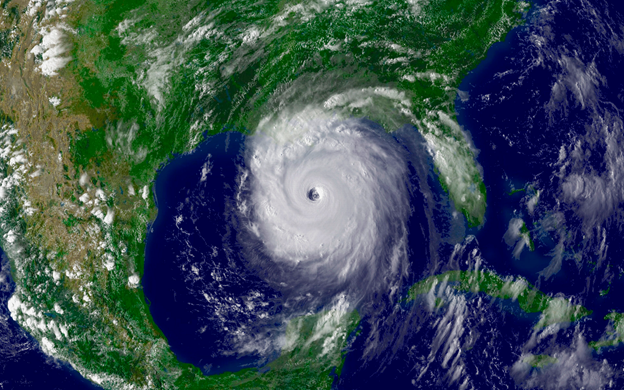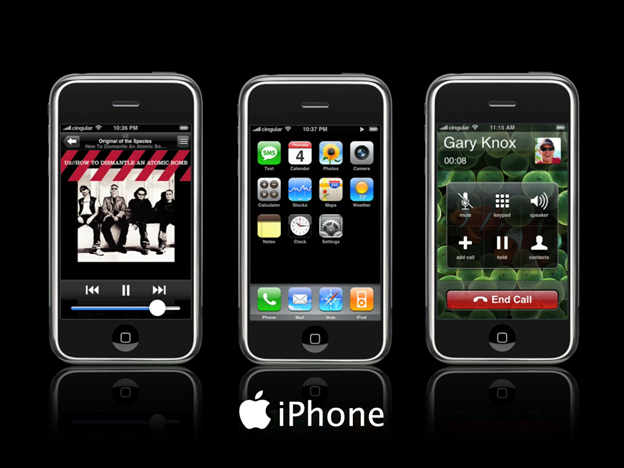The Best Justice League
August 31, 2011 in Editorial, Top

Today, DC comics, the owner of such venerable characters as Batman, Superman, Wonder Woman and Green Lantern, completes the reboot of its universe, restarting all of its comic book titles with issue #1.
One of the comic series to be restarted will be The Justice League of America, the DC Comics Superhero Team that consists of the most popular DC characters. Over the past fifty years The Justice League of America has had a variety of team rosters to help fight against crime. The DC reboot has prompted analysis about which version of The Justice League of America was the best. This analysis has generally focused on the quality of the story telling and the art work over the history of the series.
This is a mistake. It should be obvious to everybody that the only true way to decide which version of the JLA was the most successful is to look at the effect that the various incarnations of the team had on the crime rate in the United States. Using crime data from the FBI, Centives decided to find out, once and for all, which version of The Justice League of America was the best. Here is what we found: Read the rest of this entry →







![4830027-1896[1]](http://www.Centives.net/S/wp-content/uploads/2011/08/4830027-18961-822x1024.jpg)

Join the Discussion! (No Signup Required)